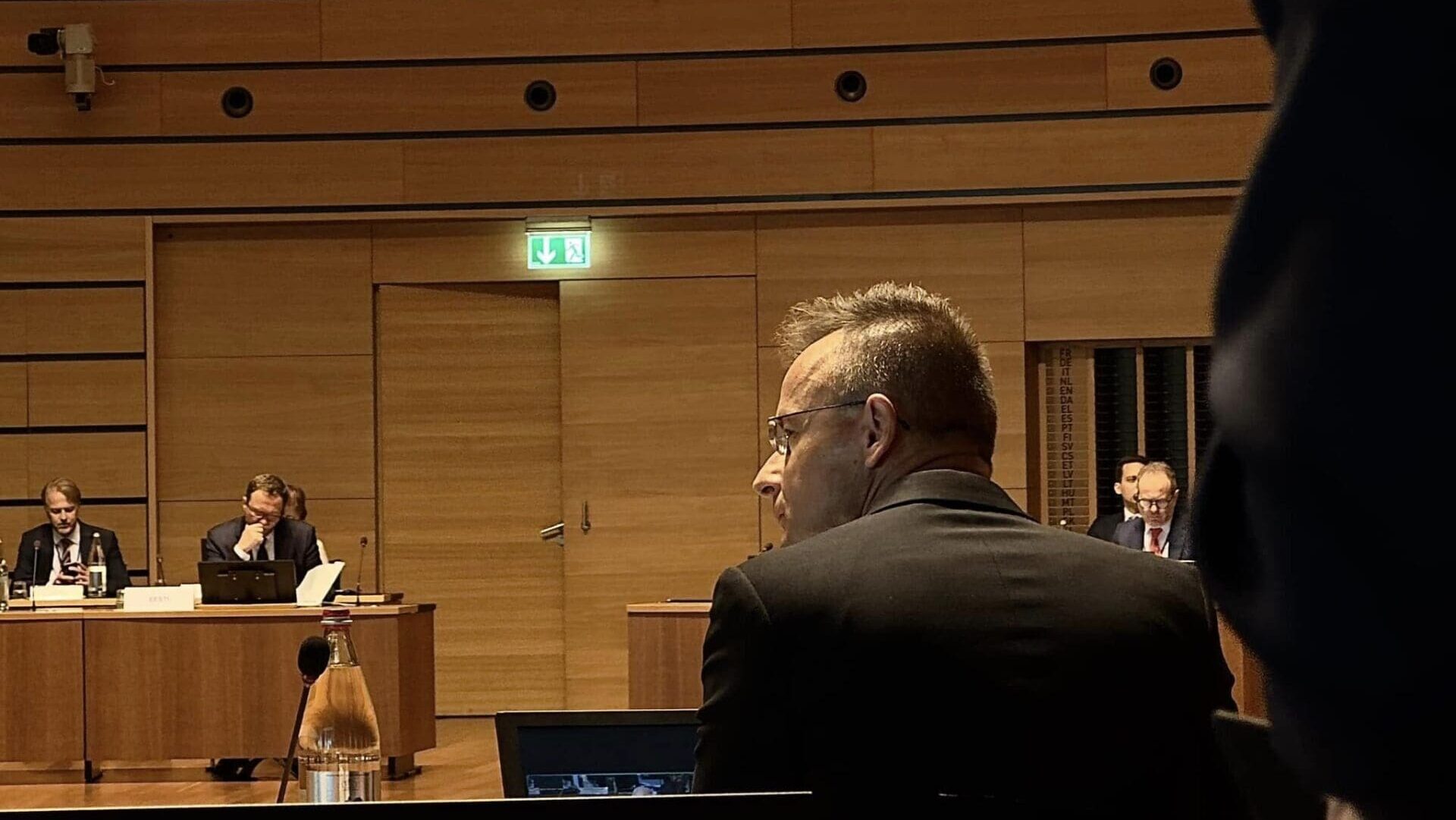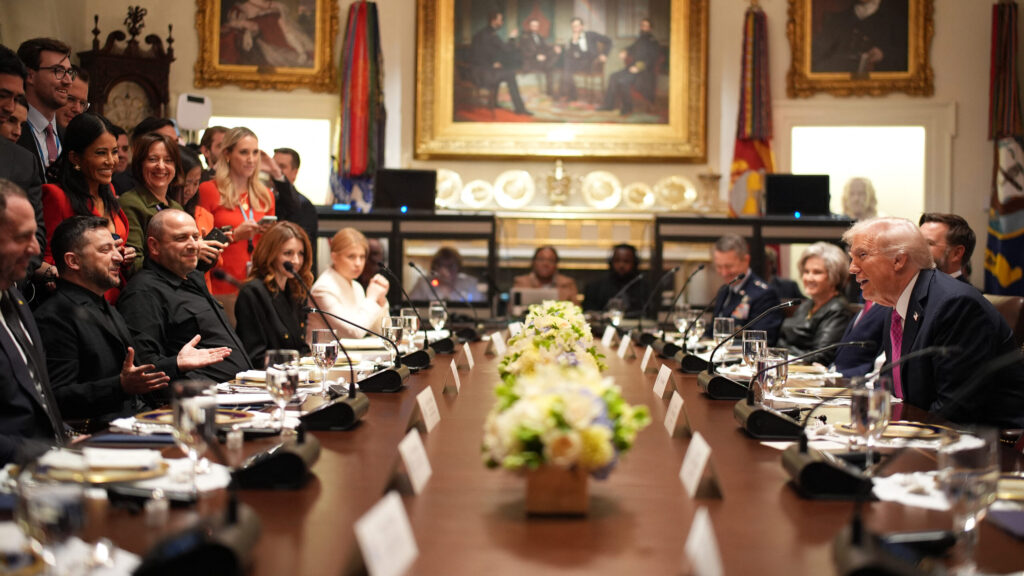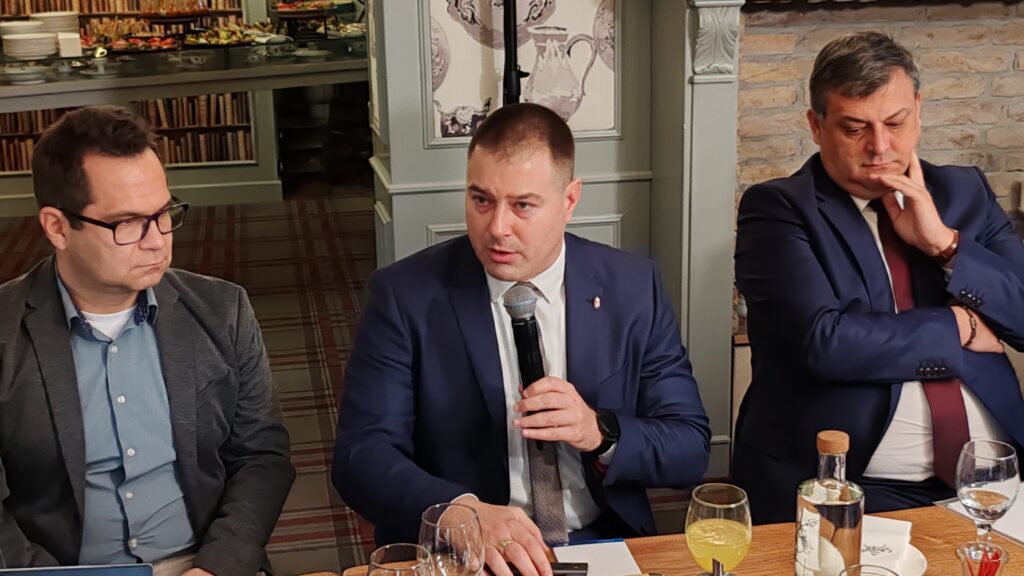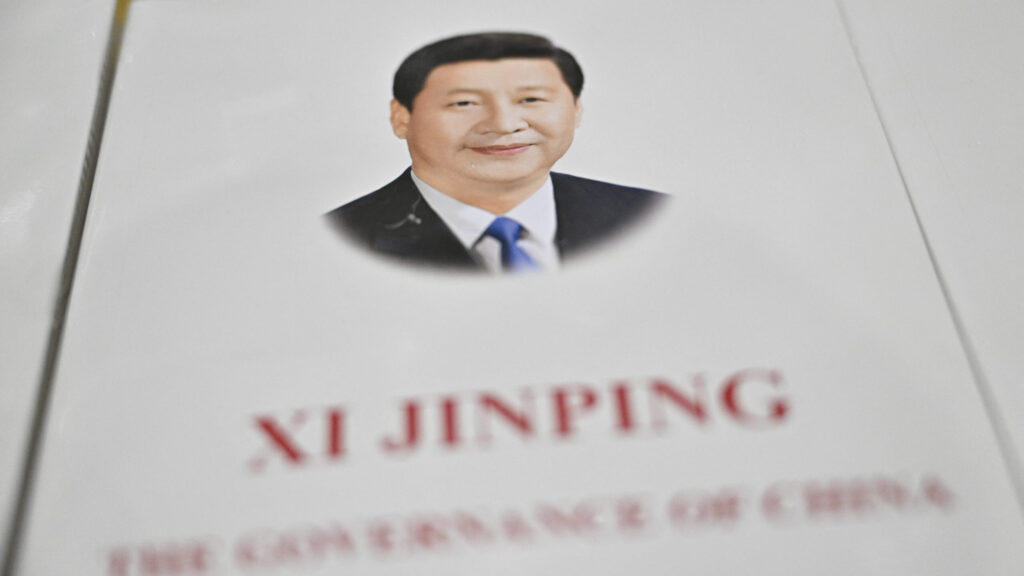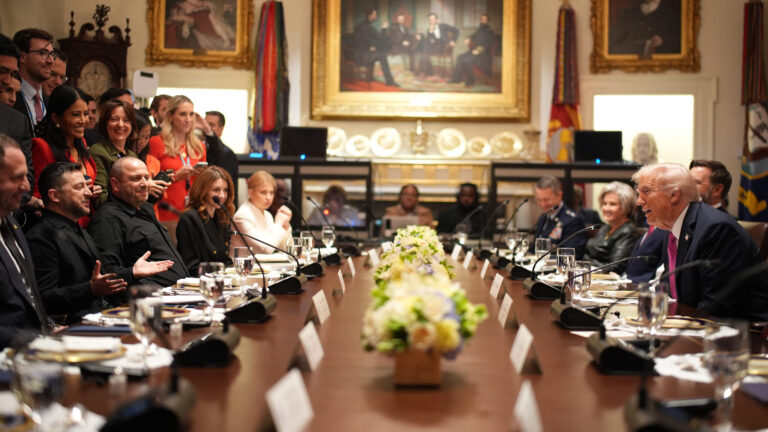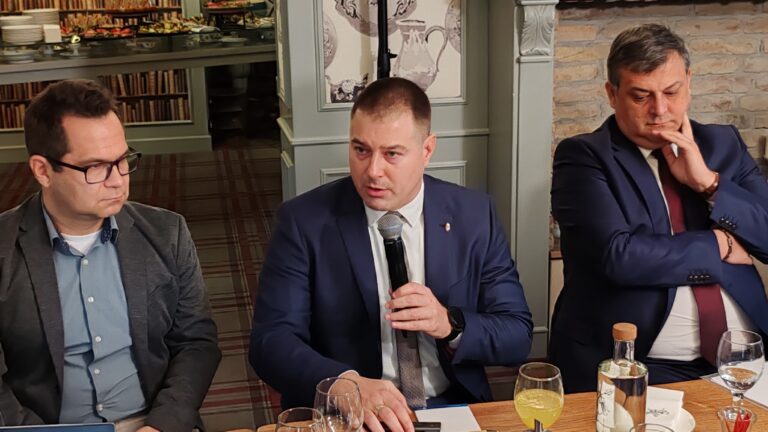On Monday, the European Union’s Foreign Affairs Council adopted the 14th package of sanctions against Russia. Concurrently with these punitive measures, the Member States’ foreign ministers decided to utilize frozen Russian assets to support Ukraine and to employ funds from the European Peace Facility, a decision from which Hungary was excluded. Hungarian Minister of Foreign Affairs and Trade Péter Szijjártó reported this in a Facebook post. ‘More billions for Ukraine—this time by breaking European rules and leaving Hungary out,’ Szijjártó wrote.
Josep Borrell, the European Union’s High Representative for Foreign Affairs and Security Policy, spoke to the Financial Times about the legal solution to bypass Hungary. In his view, since Hungary abstained from an earlier agreement to set aside the proceeds of Russia’s frozen assets, it ‘should not be part of the decision to use this money.’ He added that the workaround was ‘sophisticated, like any legal decision, but it flies.’
According to the Financial Times, the legal workaround could also eliminate a hurdle that might complicate
G7 efforts to raise a $50 billion loan for Kyiv by December.
This loan, intended to be paid off by future proceeds, was a decision made by leaders at a summit in Italy earlier this month.
Josep Borrell told the British newspaper that the EU was considering a similar concept to the one agreed between NATO and Hungary in June, during NATO Secretary General Jens Stoltenberg’s visit to Budapest. That concept involved granting Budapest an opt-out from activities supporting Ukraine in exchange for not vetoing other allies’ assistance to Kyiv under the alliance umbrella. However, this EU proposal was ultimately rejected.
Following the Foreign Affairs Council meeting, Péter Szijjártó noted that despite the poor performance of the EU’s most pro-war governments in the European Parliament elections, the meeting revealed that many member states are preparing for a prolonged conflict. The slogan ‘more must be done for Ukraine, faster’ emerged as the prevailing watchword.
‘Today, unfortunately, the red lines have started to be crossed,’ Szijjártó emphasized. He added that it was announced that the EU would use a total of 1.4 billion euros from the European Peace Facility to finance arms transfers to Ukraine, a decision with which Hungary does not agree and from which it was excluded. He explained that these 1.4 billion euros come from the proceeds of frozen Russian assets and that since Hungary abstained in an earlier vote on the use of these assets, the Council’s legal service, the Brussels bureaucrats, and some Member States considered this to be sufficient grounds to ignore Hungary’s right to participate in the decision, thereby disregarding its position.
‘Such shameless disregard for common European rules has never been seen before,’
Szijjártó pointed out. The foreign minister highlighted that those who attempt to lecture Hungary on the rule of law and democratic values are the very ones flouting European rules.
The minister also referred to another proposal put forward by Josep Borrell concerning the EU training mission in Ukraine. Originally, this mission trained Ukrainian officers from EU Member States on EU territory, but now it is proposed to extend this training to Ukraine itself. He stated that Hungary had already distanced itself from the original plan and that the current proposal would cross another red line. ‘This is unacceptable for us. We will protest against it with all existing means,’ he underlined.
Regarding the adoption of the 14th package of sanctions, Péter Szijjártó remarked that it represents the continuation of a completely failed strategy. However, he noted that this package does not harm Hungarian interests or endanger the security of Hungary’s energy supply. He highlighted that all parts and elements of the expansion of the Paks nuclear power plant have been exempted from sanctions. ‘The Paks investment will be granted full and general exemption from sanctions,’ he stated.
The foreign minister also noted that the European Union has now reached the point where peace is seen as a buzzword and a pro-peace position is seen as equivalent to a pro-Russian stance. Simultaneously, he said that the result of the European Parliament elections gave clear confirmation and commitment to the Hungarian government to stand up for peace.
Watch the full press conference here:
Related articles:

